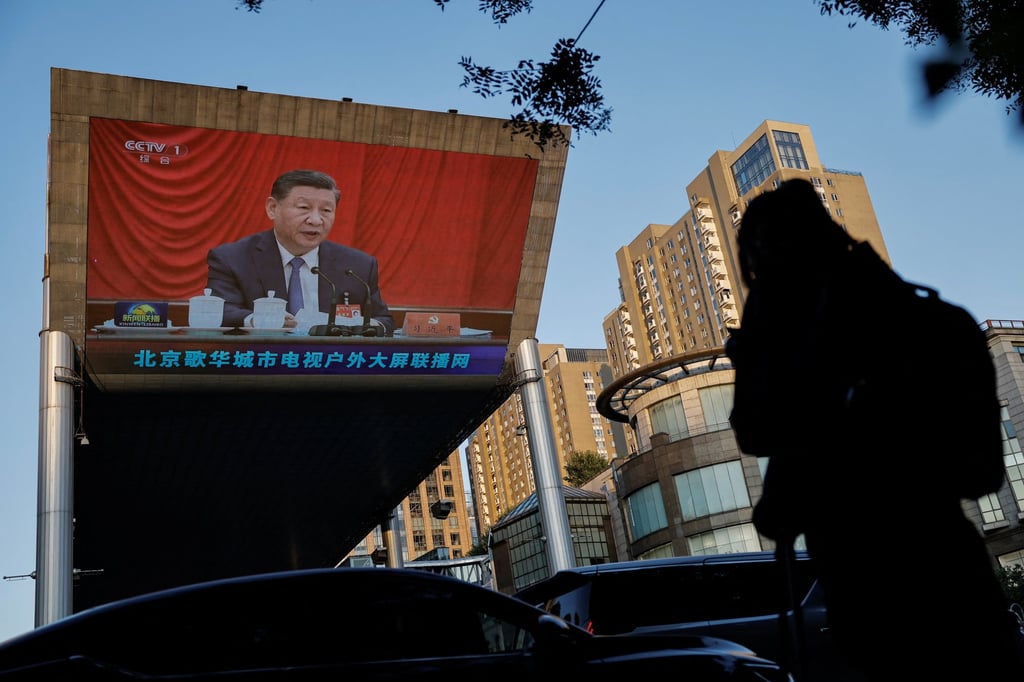Institutional investors are concerned that a ban on alcohol at official meals in mainland China could hamper Beijing’s efforts to boost spending and juice up the economy, according to Goldman Sachs.
The recent alcohol ban at official meals, together with stricter enforcement of frugality rules by the Chinese Communist Party (CCP), had made mutual funds, private equity funds and asset managers worry about whether consumer spending would rebound, Goldman Sachs analysts led by Lisheng Wang said in a report on Sunday. Investors also fretted about whether economic stimulus policies would be effectively implemented, the investment bank said.
Last week, the Central Commission for Discipline Inspection, China’s top anti-corruption agency, reported that more than 21,000 violations were investigated nationwide in May, including offences related to the dining and alcohol bans.
The austerity measures likely further suppressed consumption of certain goods and services, said Jing Wang, an analyst at Nomura, in a note on Monday.
Shares in distiller Kweichow Moutai, a brand synonymous with lavish banquets, fell more than 6 per cent over the past month. Wuliangye, another large distiller, suffered a 4 per cent decline during the same period. Both brands have already been affected by the country’s sluggish economy; last year, UBS Group lowered its ratings on Kweichow Moutai and other major Chinese liquor distillers.



